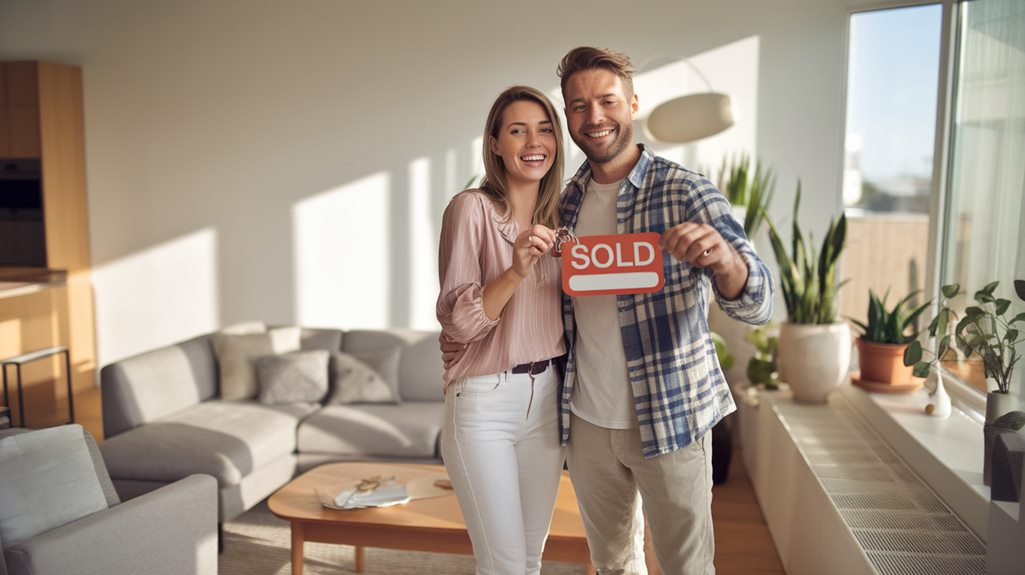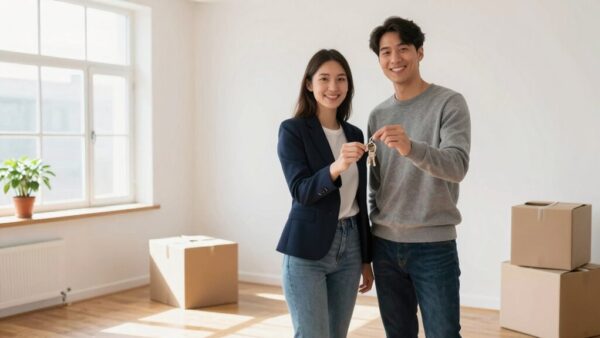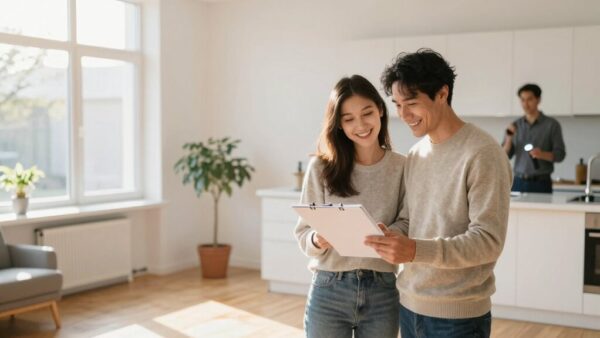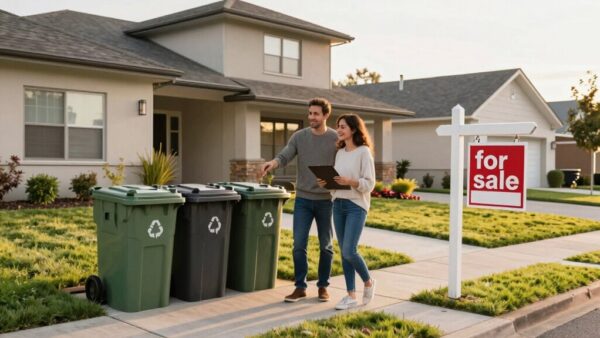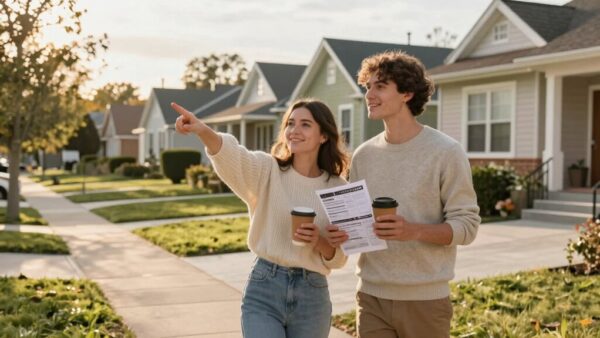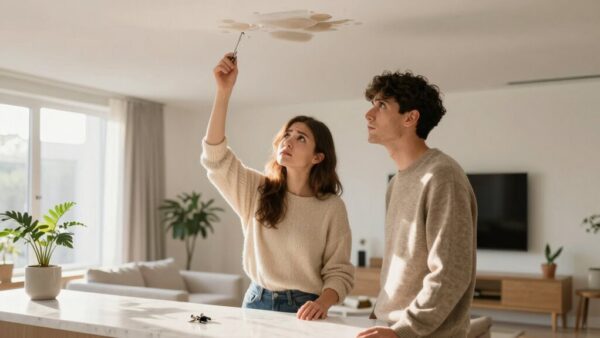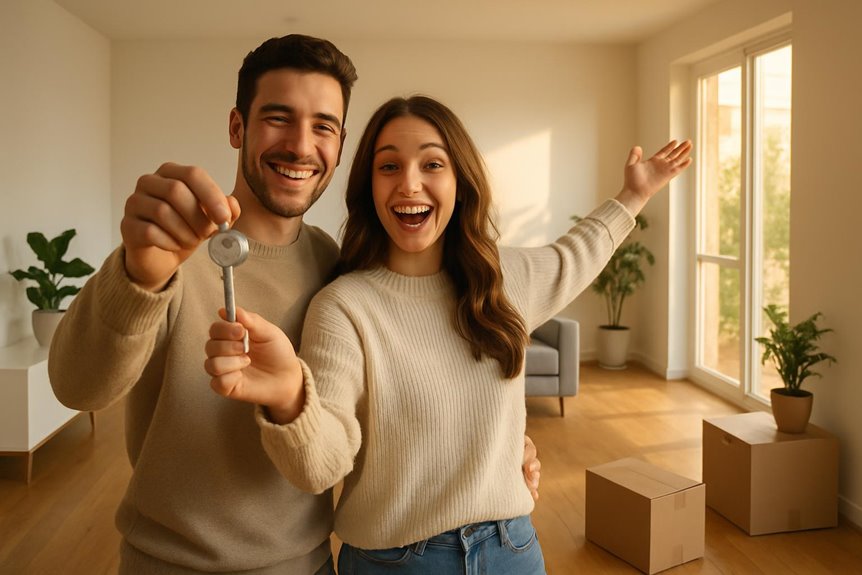When you want to buy a second home, it's really important to think about your money first. Look at how much you can spend and check out different ways to pay for it. You should also know about taxes that might come with owning another house.
Pick a place where houses are selling well and where you could rent it out if you want. Remember to save some money for any surprise repairs that might come up. It's also a good idea to check what kind of insurance you need to keep your new home safe.
Before you buy, make sure to have an expert check the house for any hidden problems. By doing these things, you can make a smart choice and help your money grow.
There are even more tips to help you make the most of your second home and keep your future bright!
Ready to start building equity in your own Michigan home? Get your personalized home loan quote today.
Assess Your Financial Situation
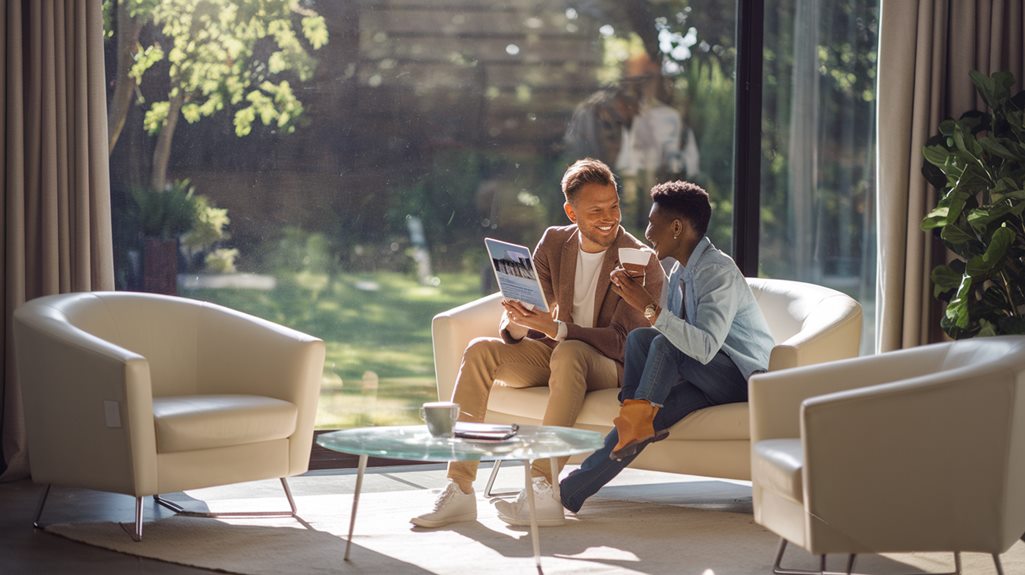
Before buying a second home, it's important to check how you're doing with your money. First, make a budget. This helps you see all your costs and savings.
Think about how much money you spend each month and how a new home will change that. Make sure you have a steady job so you can pay for both homes without too much stress.
Don't forget about surprise costs, like fixing things or emergencies. Include these in your budget too.
Michigan residents, unlock the door to your new home. Request your home loan quote from Treeside Financial today.
Evaluate the Location
When thinking about where to buy your second home, start by looking at what's around it. Check out schools, stores, and places to have fun. These things can make your home more valuable and enjoyable.
Also, make sure the neighborhood feels safe for you and your family. It's important to feel good about where you live.
Lastly, look at how home prices are changing in that area. This will help you decide if it's a smart choice to buy there.
Research Local Amenities
When looking for a second home, it's really important to think about the area around it. Local amenities can make your life better and help your home keep its value.
First, look for community services. These help you feel like you belong and can give you support.
Next, check out places where you can play and be active. Look for parks, gyms, or pools where you can have fun and meet new friends.
Make sure there's good public transport so you can easily get to important places. If you have kids or might in the future, see how good the local schools are.
You might be closer to buying your home than you think
Take our 2-minute home buyer readiness quiz to see how prepared you really are – no credit check required.

Also, see if there are shopping centers and places to eat nearby. This makes life easier and more enjoyable.
Don't forget to check how close you're to doctors and hospitals. It's important to have quick access to healthcare when you need it.
Assess Neighborhood Safety
Making sure your neighborhood is safe is very important when choosing a place for your second home. First, look at crime statistics. These numbers can tell you how often bad things happen in the area. This will help you understand if the place feels safe.
Next, check if there's a neighborhood watch program. This is when neighbors work together to keep their area safe. It shows that people care about each other and their homes.
Talking to locals is also a great idea. They can share stories about what it's like to live there and help you learn about any safety worries.
Analyze Market Trends
If you're thinking about buying a second home, it's super important to learn about the real estate market. Knowing how prices go up and down can help you make a smart choice.
Check out how prices have changed in the past and see what people want right now. This can help you figure out when is the best time to buy. Look for signs that show if the market is getting better or if it might be getting worse. This way, you can pick a home that not only fits your needs but also keeps its value over time.
Talk to local real estate experts and join community groups. They know a lot about new neighborhoods and what might be built in the future.
Understand Tax Implications
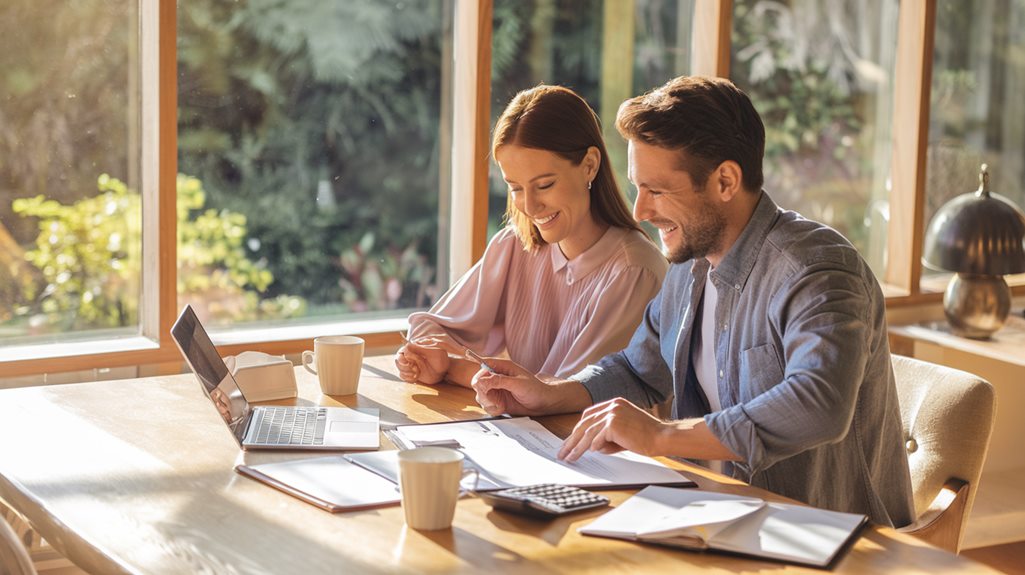
When you buy a second home, it's really important to know about property taxes. These taxes can change a lot, and they can affect how much money you make from your home.
You also need to think about capital gains taxes. These are the taxes you might pay if you sell your home later.
Property Tax Differences
When you buy a second home, it's really important to understand property taxes. You should look at how much tax you will pay in different places. This will help you make a smart choice. Some areas have special rules that let you save money on taxes.
Here's a simple table that shows you some cities and their property taxes:
| City | Property Tax Rate | Can You Save on Taxes? |
|---|---|---|
| City A | 1.2% | Yes |
| City B | 0.8% | No |
| City C | 1.5% | Yes |
| City D | 1.0% | Yes |
Look at this table when you think about where to buy your second home!
Capital Gains Considerations
Buying a second home is exciting, but you need to think about capital gains taxes. These taxes can affect your money plans. When you sell your second home, you mightn't get the same tax breaks as you do with your first home.
Here are some things to think about:
- How long will you keep it? If you hold onto the home for a longer time, it might change how much tax you pay.
- Will the value go up? Look at how the market is doing to help you make the most money.
- What is your income? Your job and how much money you make can change the tax rate on your gains.
- Know the market. Keep an eye on real estate trends so you know the right time to sell.
Thinking about these things can help you make good choices and feel good about your money.
Explore Financing Options
Buying a second home can be really exciting! But before you jump in, it's important to think about how you'll pay for it. First, look at different types of loans, like fixed-rate mortgages and adjustable-rate mortgages. See which one fits your money needs best.
If you want to use money from your first home, think about home equity loans.
If you're buying a house to rent out, learn what the banks need from you and get your loan pre-approved. This can help make things easier later on.
Don't forget to compare interest rates and check if you need private mortgage insurance. There are also programs to help with down payments, which can be really helpful.
Consider Rental Potential
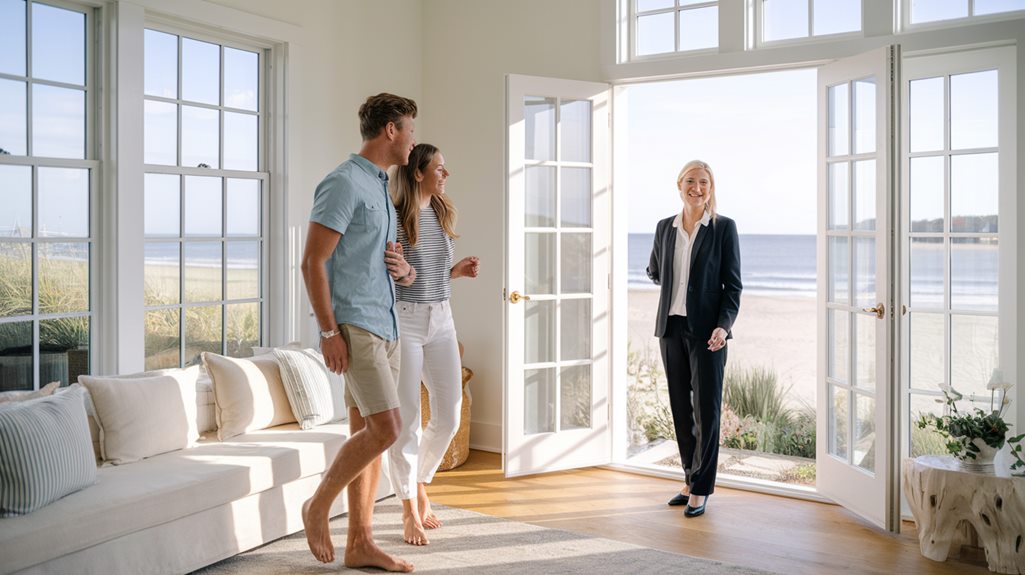
When you think about buying a second home, it's smart to look at how much money you can make from renting it out. Here are some simple things to think about that can help you make a good choice and feel connected to the area:
- Rental Income: Check how much other homes are renting for in the area. Look at the busy seasons to see when people want to rent.
- Tenant Management: Create a plan to talk to your renters and keep them happy. This can help make sure you have people staying in your home.
- Property Appreciation: Find a place that's likely to get more valuable over time. This can help your investment grow.
- Rental Regulations: Learn about local rules and agreements for renting. This keeps your home safe and your investment protected.
When you market your property well, it can look more inviting to renters.
Plan for Maintenance Costs
When you think about owning a second home, it's important to think about how much money you will need for repairs and upkeep. This helps keep your home nice and helps it stay valuable. If you plan ahead, you can avoid big repair bills later. You might want to hire a property management company to help take care of things regularly. This way, your home can be a place you feel proud of.
Here's a simple look at some costs you might have:
| Expense Type | Estimated Cost | How Often |
|---|---|---|
| Seasonal Upkeep | $200-$500 | Every 3 Months |
| Long Term Repairs | $1,000-$5,000 | Once a Year |
| Property Management | 8-12% of rent | Every Month |
Taking good care of your home helps everyone in the area feel good. It makes your second home a special place to visit. Planning for these costs not only keeps your home safe, but it also helps you enjoy being part of the community. This can create happy memories for you and your family for years to come.
Review Insurance Needs
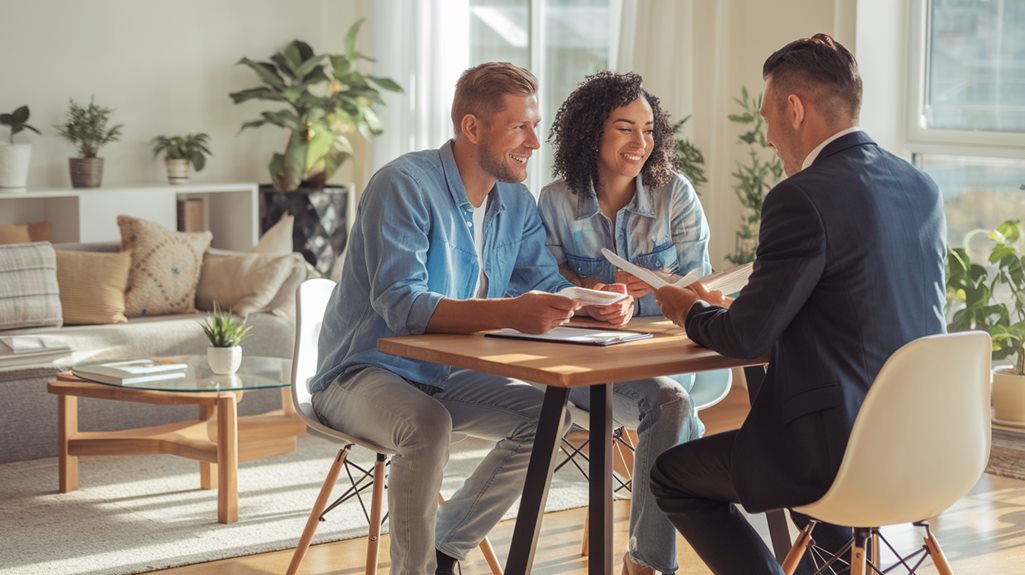
Looking at your insurance needs is very important when you buy a second home. You want to make sure your insurance is right for your new place.
Here are some simple things to think about to keep your home safe:
- Check Your Coverage: Make sure you have enough insurance to cover any problems and to rebuild if needed.
- Know the Risks: Learn about the weather and natural disasters that can happen in your area. This helps you pick the right insurance.
- Look for Different Insurance Companies: Compare prices and coverage from different companies to find the best fit for you.
- Think About Liability: If you plan to rent out your home, make sure your insurance includes enough protection if something goes wrong.

